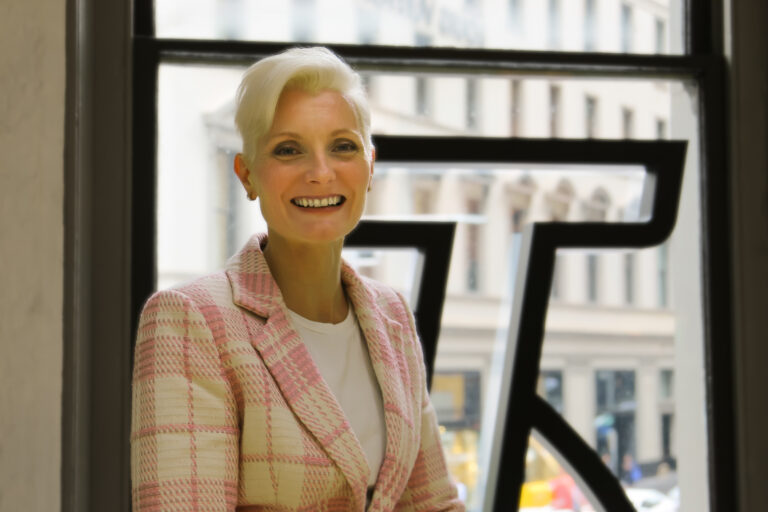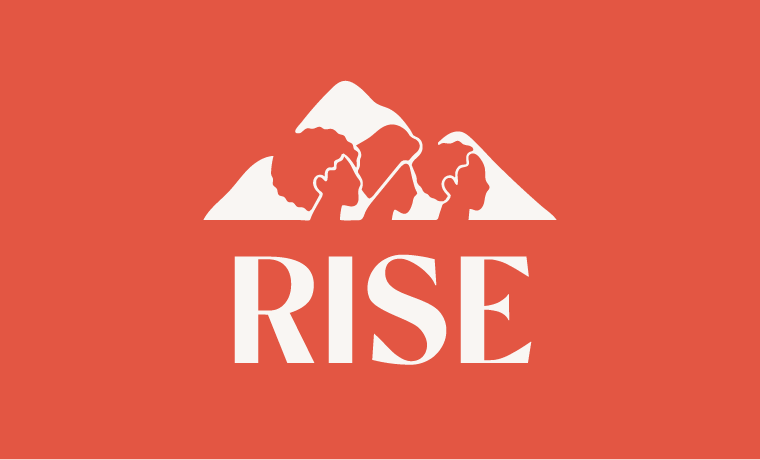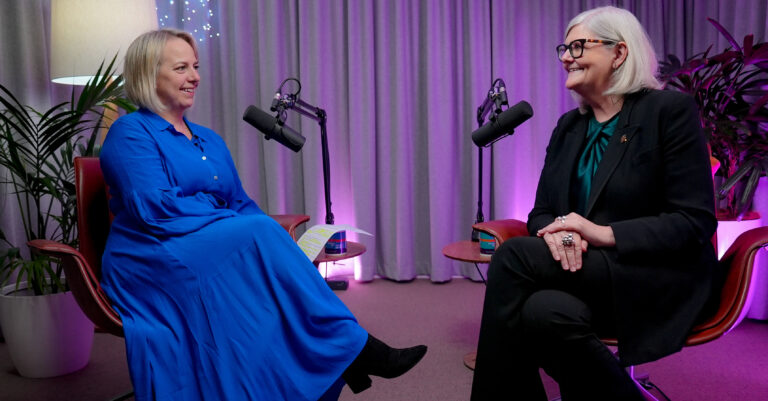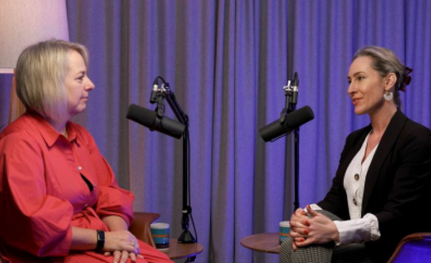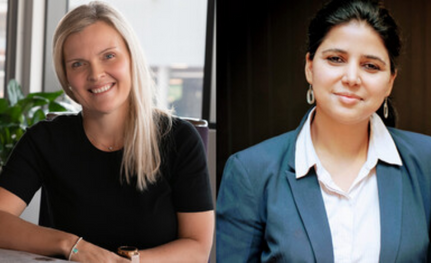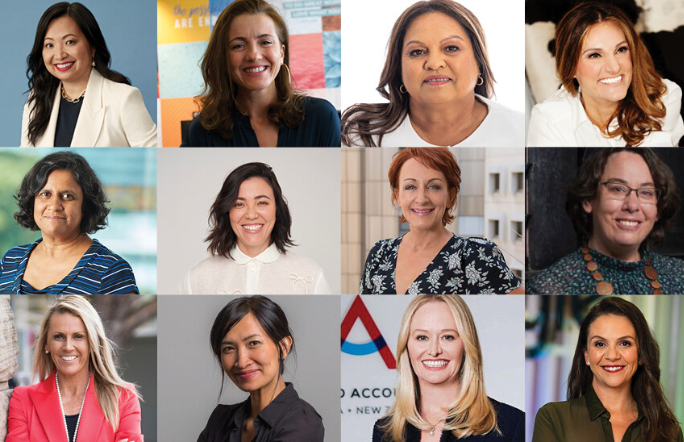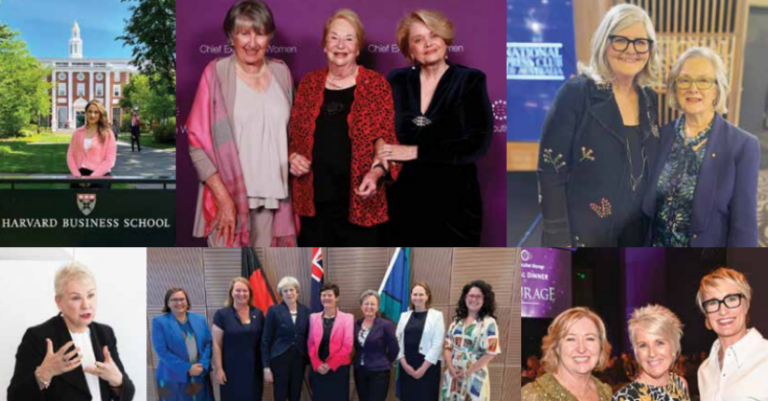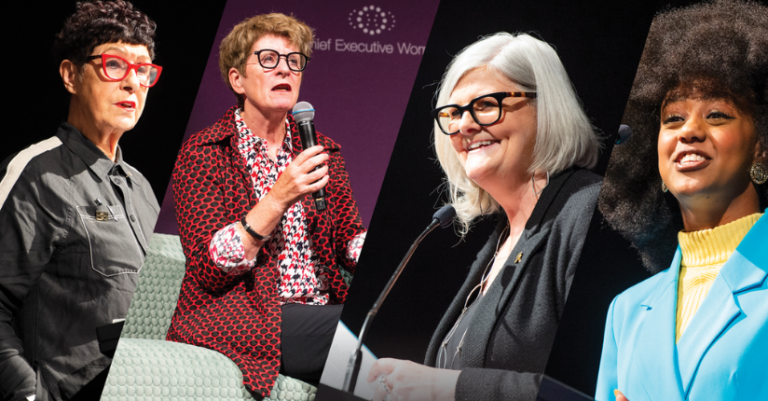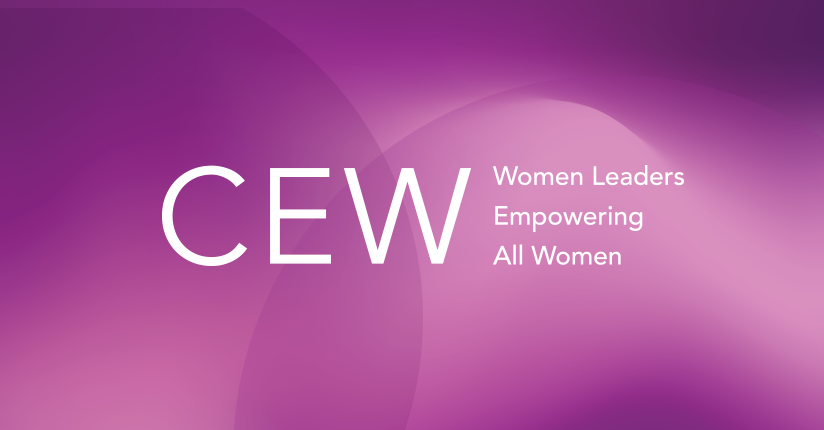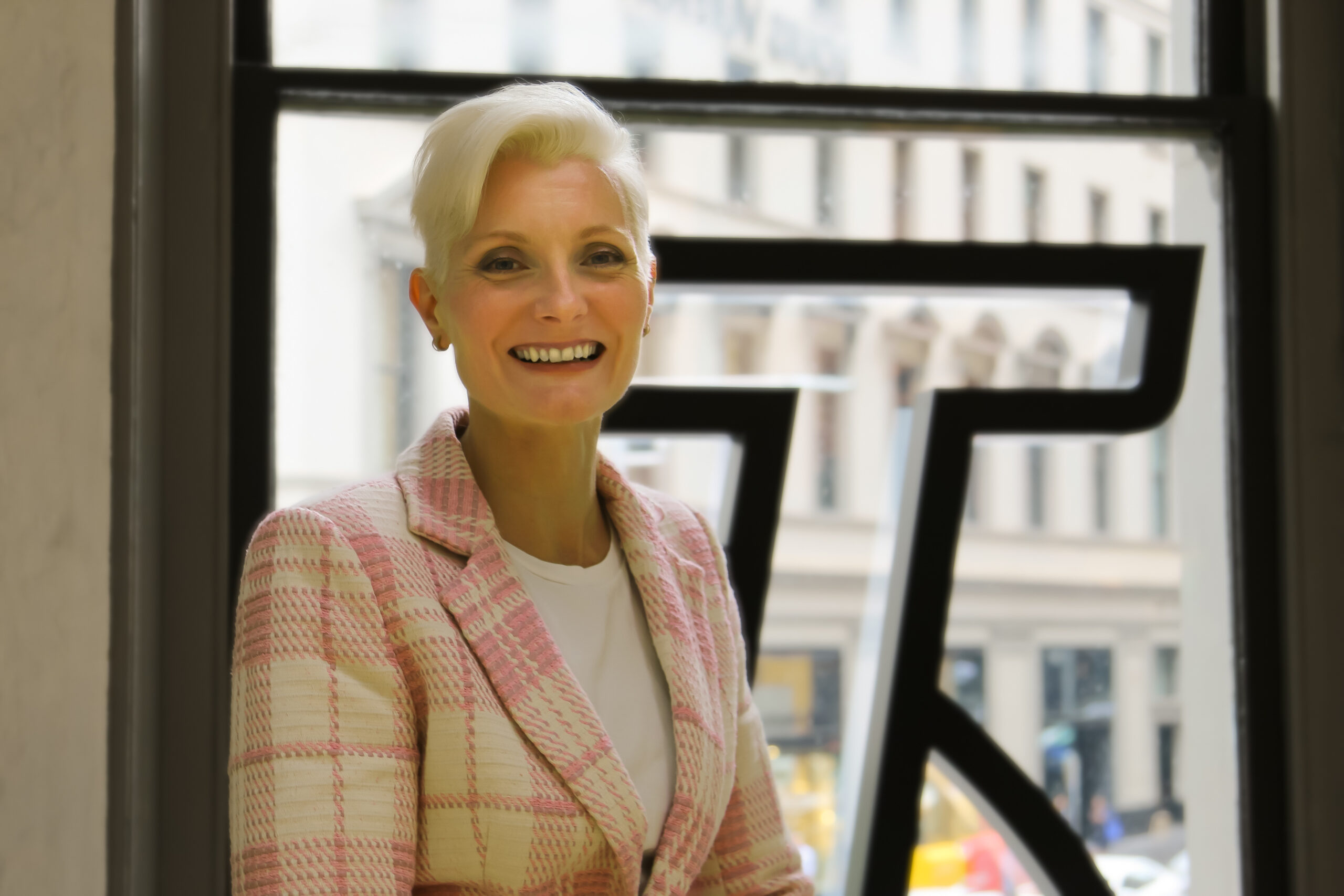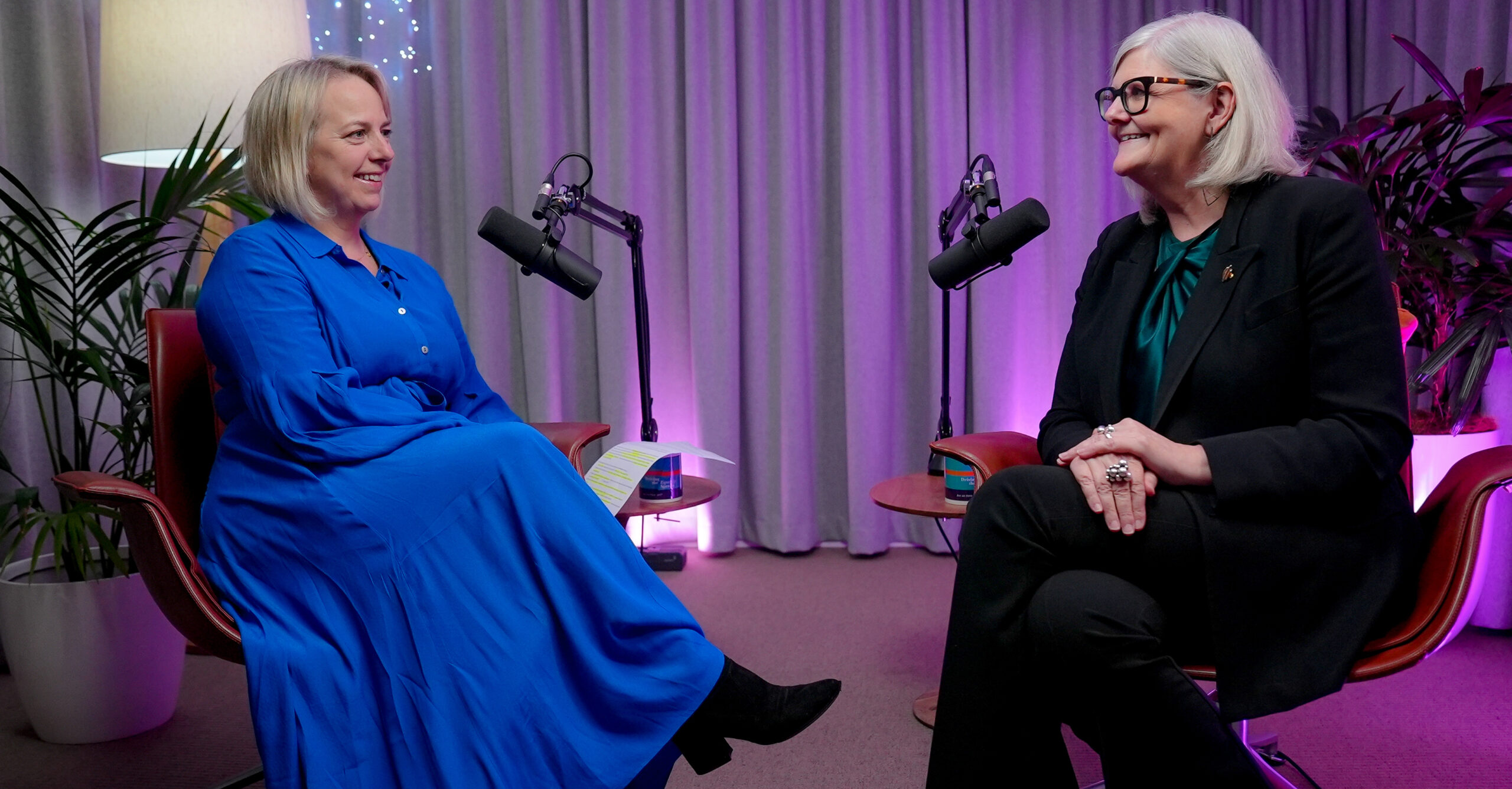This is an edited extract from the CEW Annual Dinner 2014 address given by Alison Watkins, Group Managing Director of Coca-Cola Amatil on September 10, 2014.
The best analogy for my personal career journey is mountain climbing.
My story is not about reaching the summit of one very tall mountain. Rather it’s the opportunity to climb several different mountains, all challenging, not always getting to the top but learning from the experience each time and knowing to be better equipped to climb the next.
I can identify four main elements, which have helped me ascend each mountain:
- People. I have relied a lot on help and encouragement from others, which triggers for me a strong motivation not to let them down
- Partnership. Every mountain has been a team effort with Rod, my husband, who knows he is a much better navigator than me and has been helping me find the way ever since university.
- Parents. This means the formative experiences I had in my early life – the importance of the home environment as well as the education of girls and boys, for which we parents are responsible.
- Personal. This is how I think I helped myself along the way.
I’ve climbed five amazing mountains, but I started with a small “hill” in Tasmania, where I grew up on a farm. I was unashamedly a tomboy with a father who encouraged my interest in farming and made me feel useful from a young age, by teaching me to ride motorbikes, drive the tractor and the ute. Dad gave me a shotgun for my 12th birthday (a small one) and put me to work in the shearing shed.
Country Tasmania offered a pretty basic education at that time and my sisters and I were sent to boarding school. It was my first exposure to the difference People really make.
One thing I don’t think my school did at all well in 1980, my last year, was encourage us girls to think big about our careers, in fact to think much at all. Despite my relative success at school I was all set for the Farm Secretarial course at Orange Ag College in NSW when I clearly remember my mother suggesting I consider studying Commerce instead, saying “why don’t you keep your options open dear”.
Keeping “your options open dear” was great advice which I took and has stood me in good stead ever since.
At the University of Tasmania I moved into Christ College which was about 80 per cent boys, and ended up with my first experience of leading in a mixed environment – becoming College President. Then things really went off script. I met Rod who had no moleskins and came from a medical family.
I turned down the perfectly good job offer to become a cost accountant at the local Cadbury plant and reluctantly headed to Sydney with Rod planning to spend a few years in Chartered Accounting before returning to Tasmania – undoubtedly the best place on earth to live.
MOUNT MCKINSEY
In Sydney, the scene was now set for my first real mountain, Mount McKinsey, which I knew about because Rod was now doing his MBA and would tell me of the employment opportunities for a lucky few MBA students. It certainly wasn’t a mountain I thought I had any capability to attempt. An MBA by osmosis with Rod didn’t count. McKinsey was looking for the cream of mountain climbers. I thought I’d love to give it a go once I’d done an MBA myself after I finished my chartered qualification.
Rod and I both sat the GMAT test, an entrance exam for the MBA, and I did pretty well and off the back of that Rod convinced me to apply to McKinsey even without my MBA.
In one of what I still regard as McKinsey’s most staggering hiring mistakes I got an offer to start as a Junior Associate.
Things did not get off to a great start. I remember my first engagement manager, undoubtedly very intelligent but low on EQ, saying: “The problem with you Alison is… you lack insight”.
At McKinsey that is a mortal blow. Being a smart person matters. I soon figured out how to draw four-box matrices and at least sound insightful. Working there opened my eyes to what my future could be.
People helped me enormously on my Mt McKinsey ascent. I worked with talented and generous leaders who gave me opportunities and supported my election to partner.
But this ascent also required Personal commitment. I can remember several pivotal moments where it just felt too hard, where I felt I could never belong and got very close to leaving. I managed to pull myself through those low points, mostly using my desire not to fail or to let people down. It’s not how the positive psychologists say you should do it, but it’s always worked well for me.
The kinds of challenges I’d pose myself included some of these:
- You have an amazing job – one that most people would kill for – and you want to leave?
- This firm needs more women not less – and you’re going to be the one who lets the side down?
THE KIDS CLIMB
This second ascent is not for everyone, and having four children while steadily climbing the career mountain certainly added a few thousand meters to the summit.
I was 29, an engagement manager at McKinsey, when Grace was born. She was followed by Elliott when I was 31, Ilsa, when I was 35 and Meg was born when I was 38 and in my first line role at ANZ. I had six months of leave with Grace, five with Elliott, three with Ilsa and one with Meg. The mountain path was getting narrow and steep.
At the time McKinsey was grappling with how to be more flexible, for example how to cope with part-time tracks to partnership. People really helped. Role models were scarce but Kate McCann and Diane Grady had shown how to be a mother and a McKinsey consultant.
My Partnership with Rod was crucial for the Kids Climb. He was in investment banking with Malcolm Turnbull through the 90s. As far as investment banks go, Turnbull and Partners was positively family friendly, something which reflected Malcolm’s own values. Rod has always been extremely involved as a parent. So while I was travelling, including commuting for a year between Sydney and Wellington in NZ, Rod was invariably doing more than his fair share. It was a juggle, stressful at times and we were fortunate to have good care and helpful parents.
When Meg was born in 2001, Rod stepped back from work altogether. We are very fortunate to be able to make that choice and there’s no doubt it’s made our family life work well.
The LINE LEAP
The third mountain I’ll describe was a tricky manoeuvre called Line Leap to go from being a consultant to running a business. Everyone, especially the search firms, told me that consultants rarely get the chance to move to a P&L role and if they do they usually stuff it up because they think it’s a lot easier than it really is.
But I did make it up Line Leap Mountain, and if I hadn’t, I definitely wouldn’t be here. Once again, People were central.
After 10 years with McKinsey I joined ANZ as GGM Strategy & M&A in 1999. Elizabeth Proust, then Group HRD at ANZ, interviewed me first for the role.
I made it clear upfront to John MacFarlane, then CEO, to whom I reported, that I wanted to move on into a line role. After 18 months he gave me the chance to run Regional banking. I have to be honest – it was different and difficult. I closely watched my ANZ peers like Elizabeth Proust and Graham Hodges, both experienced line managers, to learn how to be effective.
‘When people give you what you know is a big break it evokes a strong response. I was determined not to let them down.’
A mutual friend introduced me to Doug Shears, the chairman and majority shareholder of Berri Limited, Australia’s leading juice business. He knew I was keen to get out of very large organisations, especially after experiencing about my third major bank reorganisation and realising they would continue to happen as sure as night follows day.
Doug asked me to lead the company.
It was great experience, and it really helped that both of my first line roles had strong agricultural links.
When People give you what you know is a big break it evokes a strong response. I was determined not to let them down.
When I reflect on my Personal contribution to climbing Line Leap, I look back on an optimistic and mostly effective leader determined to achieve results and create a great place to work.
NED’S LOOKOUT
I’d had plenty of exposure to ASX boards in my time at McKinsey and ANZ. I remembered well the motivating effect of a non-executive director who was interested and asked great questions. I also remember the demotivating effect of the sleeping NED. I figured as an executive who’d been on the receiving end of these experiences I would be a role model NED. I knew that there’d be demand for more women but I also knew experience was important, you couldn’t just waltz onto an ASX200 board.
While I was CEO of Berri I was asked to consider joining the board of fashion retailer Just Group which was about to list. Doug Shears saw it as good development and was very happy for me to take it on while I was running the company. It was a wonderful experience and led to the NED opportunities I’ve since had with Woolworths and ANZ.
I called this particular mountain NED’s Lookout because that’s how it feels. You are mostly on the balcony, not on the dance floor. And that distance and objectivity is important to succeed as an NED.
ASX ASCENT
The final mountain is the experience of running a listed company.
By now I had plenty of P&L experience and plenty of listed company experience but these roles are few and far between.
Of the ASX 200, my sources in search tell me only around 30 CEO roles might become available in any one year, of which 60 per cent would be filled by internal successors. And the chances of me being a fit for those 12 roles where an external candidate was sought would be low.
Jane Allen approached me about the GrainCorp CEO role which had recently been vacated. This was agriculture, which I loved, but a female CEO might be a stretch for a company that had never even had a female NED.
But I underestimated the GNC board led by Don Taylor, and I think I also underestimated Jane’s role in challenging the board’s beliefs about what mattered most for the role.
GNC was a wonderful experience for almost 4 years and of course became the subject of a very public and controversial takeover attempt from Archer Daniels Midland Company last year – a takeover proposal rejected by the Treasurer.
I concluded it was a logical point for GNC to have a change of leadership and resigned on the Monday following the Friday takeover rejection.
So today with the great privilege of leading CCA, chaired by David Gonski, one of Australia’s strongest advocates for gender diversity. Our board includes llana Atlas and Catherine Brenner. Our Group CFO Nessa O’Sullivan and our Group HRD Libbi Wilson are both outstanding executives, and I regularly find myself in meetings where there is a critical mass of women.
The VIEW FROM THE SUMMIT
I can imagine after hearing all this there are two camps out there.
One group, the Cynics, is probably thinking mine is the unusual story of an outlier who wiggled through the system helped by people who wanted to do the right thing on diversity. That it’s the story of a tomboy who didn’t threaten men by being too different, who fluked a husband willing to put his career on the back-burner for the kids, and who’s made extraordinary personal compromises that no normal woman and decent mother would or should do. There’s probably not much in my speech for the Cynics.
And there’s the Optimists, hopefully a larger group, who think Alison’s story is an encouraging sign of what’s to come. More important, I hope this group is thinking about what they are doing to make a difference for themselves, their family, and their workplaces.
Let me finish up with some closing thoughts for you Optimists.
For those men and women who are well into your careers, you know you are making a difference to others. It’s the way you are raising your children to understand they can do anything. The way you are conscious of ensuring your girls stick at their maths and team sports. The way you encourage them to think about all futures as possibilities and point to female role models from all walks of life. It’s the role you play as partner and parents, your decision to share the second shift at home.
It’s the way you make a difference to women in your workplace, the risks you take to create opportunities for them and help them succeed, including importantly, in line roles.
It’s the time you take to meet with aspiring women leaders, to introduce them to people who can help them redefine what’s possible and be practical in charting a course.
It’s my strong view that it is critical to Australia’s economic and social growth that both men and women do more to develop future female leaders.
And this is where Chief Executive Women comes in. One of the most important things this unique organisation does is provide executive education for women through scholarships. Women need role models, they need sponsors, and they need education. It changes lives. Please encourage the women in your organisations to step up and compete for the CEW scholarships and programs.
I want to finish up with a message for the women in both the Cynics and Optimists camps – don’t hide your light. This was one of the earliest pieces of advice I had from Diane Grady.
I found that difficult – it felt uncomfortable blow your own trumpet. I definitely came from the school of ‘put your head down and do a good job and hope someone will notice you’. Then I’d feel frustrated because maybe they did or maybe they didn’t.
The big awakening came for me in two ways that has helped me be stronger.
- I got some feedback from one of those surveys that showed my peers thought I had strong leadership attributes, but I rated myself much less favourably. I took this as a good thing the coach I had pointed out that it meant I was risk averse and under-estimating my ability to make a difference. I realised I was being completely undemanding in a way that meant I was not setting myself and my teams up for success. That wasn’t good for anyone.
- Understanding the power of accepting accountability for everything good, bad or indifferent that happens to me. Instead of missing out on a job and blaming the interviewers for not bothering to lift the bushel to see my light, I learnt to ask myself “why did I create this situation” and what was it sent to teach me.
I’ve certainly missed opportunities I really wanted and I’ve been successful in reaching opportunities I really wanted.
The GrainCorp and CCA roles were, I felt, a perfect fit. I visualised how I’d feel getting the ‘sorry you missed out’ call and decided I’d be OK if it was something about the better fit of another candidate, but I wouldn’t be OK if it was because I hadn’t done my very best to convey how I could do the job.
As well as thinking hard about the board’s priorities and likely decision criteria I thought hard about the perceptions they would have about me, including the fact that I was a woman.
At GrainCorp, I identified the concern as: “She lacks the right operational experience, will get chewed up and spat out in this male-dominated industry and really should head down an NED track.”
I decided to take accountability, be in control of my own destiny, and to treat these as understandable perceptions, neither right nor wrong but my reality, and to very deliberately go out of my way to address them.
I considered swearing and thumping the table but decided that wasn’t quite going to look authentic, so instead I made sure I had several “boy she’s a tough operator” factual case examples nailed for the interviews.
Even so, I remember clearly in my GrainCorp interview having that sinking “they are not taking you seriously” feeling.
I turned this into a letter to the Chairman, outlining what I thought was vitally important for the role and my credentials against those requirements.
I have no idea whether it really made a difference but I got the job and with it, a drive to make the most of every opportunity, every day – to always know I have done everything I possibly could.
That motivation continues every day for me. I feel very privileged to hold the role I do, and determined to be the leader I always aspired to work for.
I feel a strong responsibility to be successful for all the women who will become CEOs in the years to come. It is how I will contribute to changing the perceptions of what a female leader is and to accelerating the arrival of the day when the term “female CEO” doesn’t evoke any particular perceptions at all.
I promise I won’t let you down.
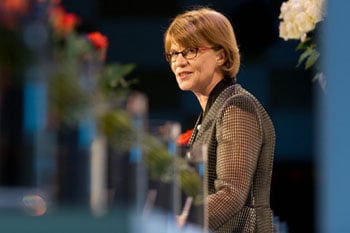
ALISON WATKINS
CEW member and guest speaker, Alison Watkins at the CEW 2014 Annual Dinner at the Westin Hotel Ballroom, Sydney. September 10, 2014.
Photo by: Esteban La Tessa

